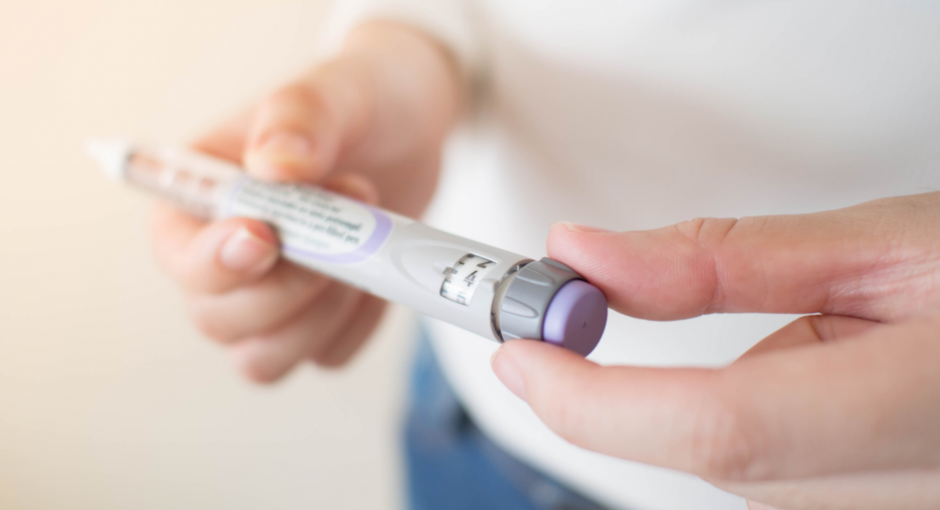The Biden administration this morning, as widely expected, announced it is rescinding the Trump administration’s regulatory requirement that community health centers pass along all their 340B savings on insulin and EpiPen-like devices to low-income patients with high-cost or no health insurance.
The U.S. Health and Human Services Department (HHS) posted the rescission notice for public inspection early today. It is scheduled to be formally published in the Federal Register tomorrow.
HHS noted that President Trump’s July 2020 executive order requiring the department to issue the insulin/EpiPen final rule remains in effect. It said it “is exploring non-regulatory options” to implement the order.
The department said it is rescinding the rule “due to the excessive administrative costs and burdens that implementation would have imposed on health centers.”
“In particular, the 2020 rule required health centers to create and maintain new practices necessary to determine patient’s eligibility to receive certain drugs at or below the discounted price paid by the health center or subgrantees plus a minimal administration fee,” HHS said. “HHS finds the 2020 rule’s implementation would have resulted in reduced resources available to support critical services to health center patients—including those who use insulin and injectable epinephrine. HHS’s consideration of the 2020 rule’s impact was informed, in part, by the demands on health centers resulting from the COVID-19 pandemic.”
“This is a huge relief,” said Colleen Meiman, a senior policy advisor to state and regional primary care associations. “As CHCs are battling on the front lines of the COVID pandemic, it is a relief that they will not be distracted by burdensome regulatory requirements that would not actually expand access to affordable medications and other health care services.”
“The final decision of Biden-Harris Administration to rescind a misguided policy for health centers is a welcome relief,” said Amanda Kelly, executive director of the new health center group Advocates for Community Health. “Our country’s safety net providers are already strapped protecting their patients from COVID-19. The additional administrative burden this policy brought with it would not have improved drug affordability or access. We look forward to working closely with the Administration to implement meaningful policy changes that will ensure all patients can access the medicines they need.”
The National Association of Community Health Centers “appreciates the Biden Administration recognizing that this rule would have placed further administrative burdens on health centers at a time when they are on the front lines of the pandemic,” NACHC Senior Vice President, Public Policy and Research Joe Dunn said. “Health centers will continue to serve nearly 29 million patients, providing access to affordable primary care services and medications. We are encouraged to see this chapter closed and look forward to working with the administration on practical solutions that will lower drug costs for health center patients into the future.”
The Trump administration promoted their rule as a response to the high cost of insulin and EpiPens. Health centers lobbied hard against it. They said it doesn’t address why the price of insulin and EpiPens have increased so much over the years and ignores that centers routinely give the medicines to patients for free or at an affordable price.
Last week, U.S. Sen. John Kennedy (R-La.) introduced legislation to impose the same requirements on health centers as in the now-rescinded rule.
Earlier this month, House Republicans tried but failed to add amendments to a budget reconciliation bill that would have:
- Required 340B disproportionate share (DSH) hospitals to limit the price of insulin or EpiPen-like devices to “consumers” to the difference between the drug’s average manufacturer price and Medicaid rebate percentage
- Protected DSH hospitals from losing their 340B eligibility during the COVID-19 pandemic due to changes in patient and payer mix, but only if they limited the price of insulin and EpiPen-like devices to consumers to the difference between the drug’s average manufacturer price and Medicaid rebate percentage.
Hospitals strongly objected to the amendments which they perceive as unnecessary and burdensome.


